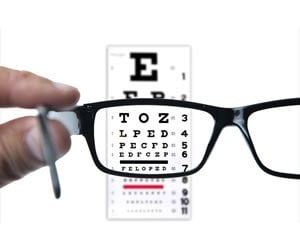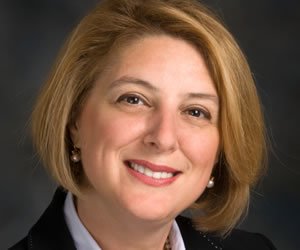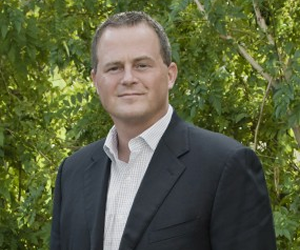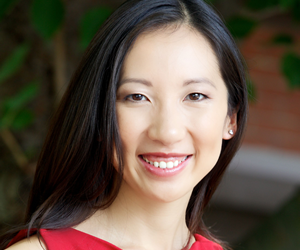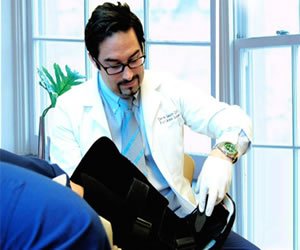Are you ready to become a doctor? Making the transition from undergraduate to medical school student, and on to being a full time doctor can be exciting and intimidating at the same time. There are many challenges and obstacles you may face along your journey, but what is most important is that you face them with confidence. Read on for tips on how to make stepping outside your comfort zone a little more comfortable.
Build Strong Relationships With Your Professors
Start out in the classroom. When you are still studying, whether you are an undergraduate or already in medical school, classes should be much more than simply showing up and doing the work. Take time to get to know your professors, if the size of your university/class allows. They have vast amounts of knowledge and experience, and most likely they are more than happy to share that with you!
Why I Smile
Republished with permission from here. At 8 a.m. every morning of the work week, I show … Read more



